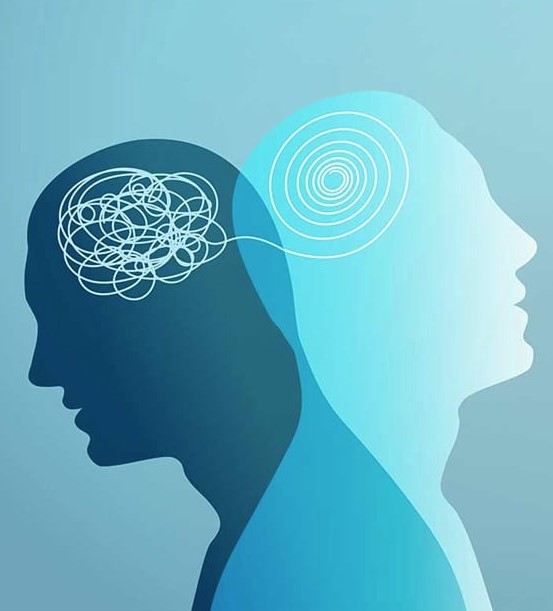Many Americans suffer from co-occurring drug addiction and mental health issues, making the dual diagnosis a prevalent challenge in the U.S. Struggling with a dual diagnosis can be a tough time. The addict has to deal with deteriorating health, suicidal thoughts, possible incarceration, poor self-care, physical; comorbidities, and even uncontrolled sexual behavior.
The excellent news is dual diagnosis is treatable, and Indianapolis dual diagnosis treatment experts recommend an integrated treatment plan for people with a dual diagnosis. Below is a breakdown of the processes and programs involved in addressing the two disorders as interrelated issues.
1. The Detox Phase
Detox is often the first step of rehab. The process involves eliminating drugs or alcohol from the body so that medical professionals can provide the proper care and treatment.
During this time, patients may experience withdrawal symptoms as their bodies adjust to not having access to the previously used substance. They need to be monitored by professionals to ensure that they are safe and that any symptoms are appropriately managed.
2. Inpatient Rehabilitation
Inpatient rehabilitation is the next step of dual diagnosis treatment. This portion of treatment usually takes 28-30 days and provides patients with therapy, support, and medication management. Read more about How long does Botox Last?
Patients will go to individual therapy sessions during inpatient rehab, group therapy sessions, and family therapy sessions. They will also have plenty of time to rest, connect to nature, and develop a sense of purpose through activities such as yoga and art classes.
The patients will also learn coping skills during this period and how to manage their mental health conditions alongside their addiction issues.
3. Group Counselling
Programs that include dual diagnosis treatment use individual and group counseling sessions to help clients with addiction and mental health disorders address the issues responsible for their unhealthy coping mechanisms.
Individual and group sessions can also address concerns regarding interpersonal relationships, self-esteem, grief and loss, trauma, and many other emotional issues.
4. Outpatient Therapy
The final step of dual diagnosis treatment is outpatient therapy. This component of treatment can last anywhere from 90 days to several years. It helps patients transition back into their everyday lives while working on their mental health problems and addiction recovery goals.
At this level of care, patients attend individual therapy sessions with a counselor or psychiatrist once a week or more often if needed.
Looking for Dual Diagnosis Treatment?
People with substance abuse and mental illness issues typically have several challenges and difficulties, including treatment. Often, these people are so overwhelmed by the struggles in their lives that they do not see any benefit in treatment and may even view it as just another way to fail.
The good news is that treatment programs have been designed specifically for these challenges, like dual diagnosis treatment. These programs help people manage their co-occurring disorders simultaneously and can effectively provide relief. Get in touch with the experts at Indianapolis dual diagnosis treatment center to start your dual diagnosis treatment today!

